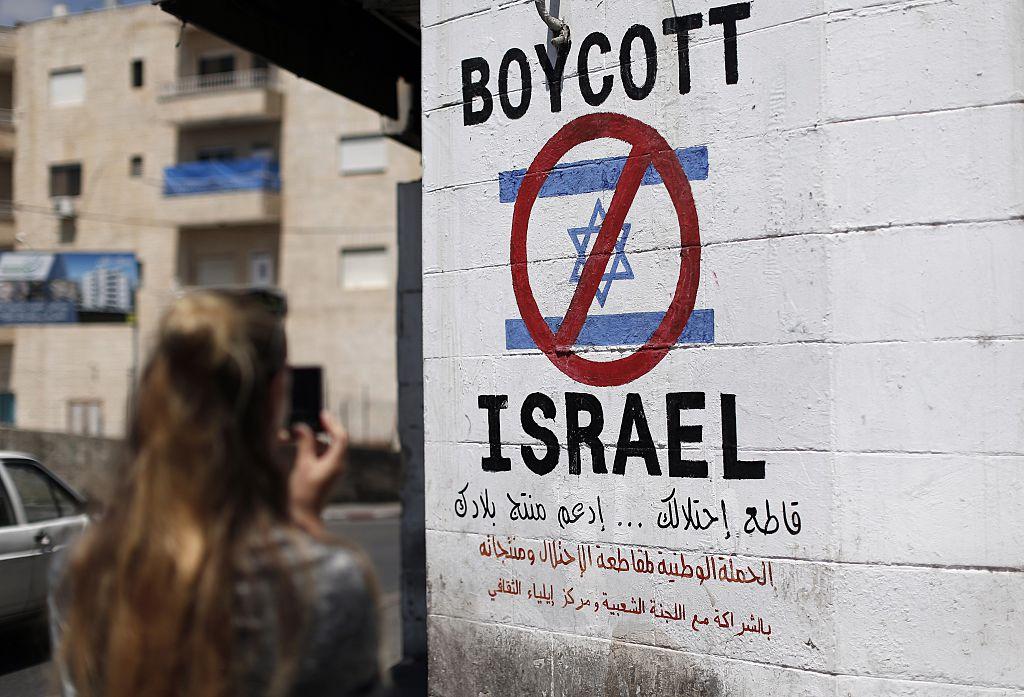Harvard University’s graduate student union has voted to endorse the Boycott, Divestment, Sanctions (BDS) movement against Israel, a move that risks further ire from the Ivy League school’s Jewish affiliates who are threatening to withhold donations.
The roughly 600-member Harvard Graduate Student Union voted on Nov. 10 to support a BDS statement from some rank-and-file members of the United Auto Workers, the national union to which the Harvard group belongs, according to student newspaper The Harvard Crimson.





